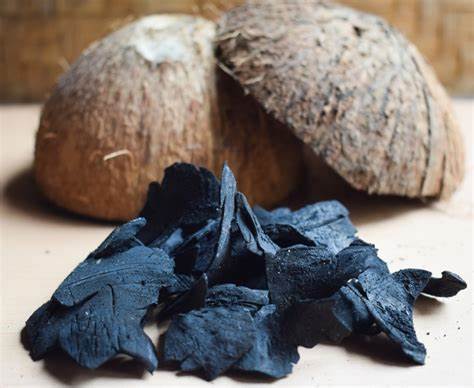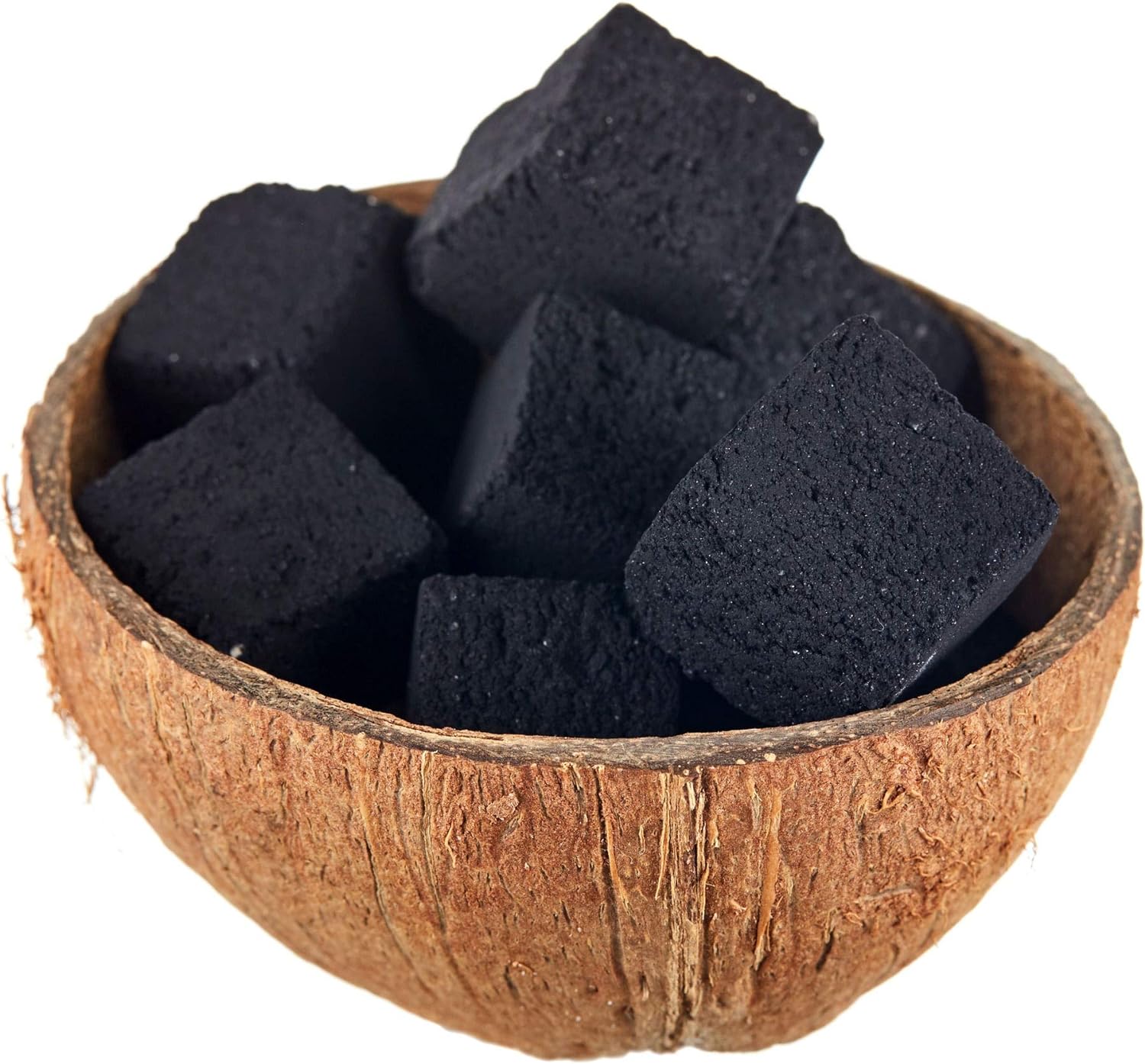Coconut shells, often discarded as waste, possess immense potential for sustainable utilization. These fibrous husks, once considered a nuisance, can be transformed into valuable charcoal through an eco-friendly process. This post explores the journey of coconut shells from waste to wealth, delving into the methods, benefits, and environmental implications of coconut shell charcoal production by the coconut shell charcoal machine.

The Coconut Shell: An Abundant Resource
Coconut palms (Cocos nucifera) are widely cultivated across tropical regions, primarily for their fruit. While the fleshy interior and nutritious water are the primary products, the outer husk, comprised of fibers and the hard shell, is often overlooked. These shells, despite their tough exterior, are rich in carbon and lignin, making them ideal for charcoal production.
Abundance and Accessibility
Coconut shells are abundantly available in regions where coconut cultivation is prevalent, such as Southeast Asia, South Asia, and parts of Africa and Latin America.
Accessibility to this raw material makes coconut shell charcoal production feasible and economically viable in these regions.
Charcoal Production Process
The conversion of coconut shells into charcoal involves several steps by wood charcoal manufacturing machine, each aimed at maximizing efficiency while minimizing environmental impact.
Collection and Preparation
Collection of coconut shells from local markets, coconut processing plants, or agricultural waste collection centers.
Cleaning and sorting to remove impurities and ensure uniformity in size and quality.
Carbonization
Carbonization is the process of heating organic material in the absence of oxygen to convert it into charcoal.
Coconut shells are loaded into a carbonization kiln or retort and heated to temperatures around 500-800°C.
Controlled heating ensures the release of volatile compounds and the retention of carbon, resulting in high-quality charcoal.
Cooling and Collection
Once carbonization is complete, the kiln is cooled, and the charcoal is removed.
The charcoal is then crushed or processed into desired sizes, depending on its intended use.

Advantages of Coconut Shell Charcoal
The production of charcoal from coconut shells offers numerous advantages, both from economic and environmental standpoints.
Sustainable Waste Management
Utilizes a readily available waste material that would otherwise be discarded or burned, contributing to environmental pollution.
Reduces pressure on landfills and waste disposal systems by diverting organic waste into value-added products.
Renewable Resource
Coconut palms are renewable and require minimal inputs for cultivation, making coconut shell charcoal a sustainable alternative to traditional charcoal derived from deforestation-prone sources.
High Calorific Value
Coconut shell charcoal has a high calorific value, making it an efficient fuel for cooking, heating, and industrial processes.
Its dense composition results in longer burning times and consistent heat output compared to other biomass fuels.
Low Smoke and Odor
Compared to wood and sawdust charcoal (https://www.bestongroup.com/sawdust-charcoal-making-machine/), coconut shell charcoal produces less smoke and odor during combustion, making it more environmentally friendly and suitable for indoor use.
Applications of Coconut Shell Charcoal
Coconut shell charcoal finds diverse applications across various industries and households, owing to its superior properties and versatility.
Cooking and Grilling
Widely used as a fuel for traditional cooking methods, such as clay stoves, barbecue grills, and tandoors.
Provides consistent heat for extended periods, enhancing the flavor of grilled food without imparting unwanted flavors or odors.
Industrial Processes
Valued as a clean-burning fuel for industrial applications, including metallurgy, chemical processing, and activated carbon production.
Its high carbon content and low ash residue make it suitable for processes requiring precise temperature control and minimal impurities.
Water and Air Purification
Coconut shell charcoal serves as a raw material for producing activated carbon, widely used in water and air purification systems.
Its porous structure and high adsorption capacity effectively remove contaminants, toxins, and impurities from liquids and gases.
Horticulture and Agriculture
Utilized as a soil amendment and growth enhancer in horticulture and agriculture.
Improves soil structure, moisture retention, and nutrient availability, promoting healthy plant growth and crop yields.
Environmental Implications and Sustainability
While coconut shell charcoal production offers numerous benefits, it is essential to consider its environmental implications and ensure sustainable practices throughout the supply chain.
Carbon Footprint
Carbonization processes may release greenhouse gases and air pollutants if not properly controlled.
Implementing efficient kiln designs, waste heat recovery systems, and carbon sequestration measures can mitigate environmental impacts and reduce carbon emissions.
Biodiversity and Ecosystems
Sustainable coconut cultivation practices help preserve biodiversity and protect fragile ecosystems, such as coastal mangroves and tropical forests.
Responsible land management and agroforestry techniques ensure the long-term sustainability of coconut palm cultivation and charcoal production.
Community Empowerment
Coconut shell charcoal production can provide economic opportunities for local communities, particularly in rural areas where coconut farming is prevalent.
Supporting small-scale producers and cooperatives fosters inclusive growth, poverty alleviation, and sustainable development.
Conclusion
The conversion of coconut shells into charcoal presents a compelling case for waste utilization and sustainable resource management. By harnessing this abundant and renewable resource, we can address environmental challenges, promote economic development, and create value-added products with diverse applications. View more information on this page: https://www.bestongroup.com/ar/. Through responsible production practices and community engagement, coconut shell charcoal emerges as a beacon of sustainability in the quest for a greener future.